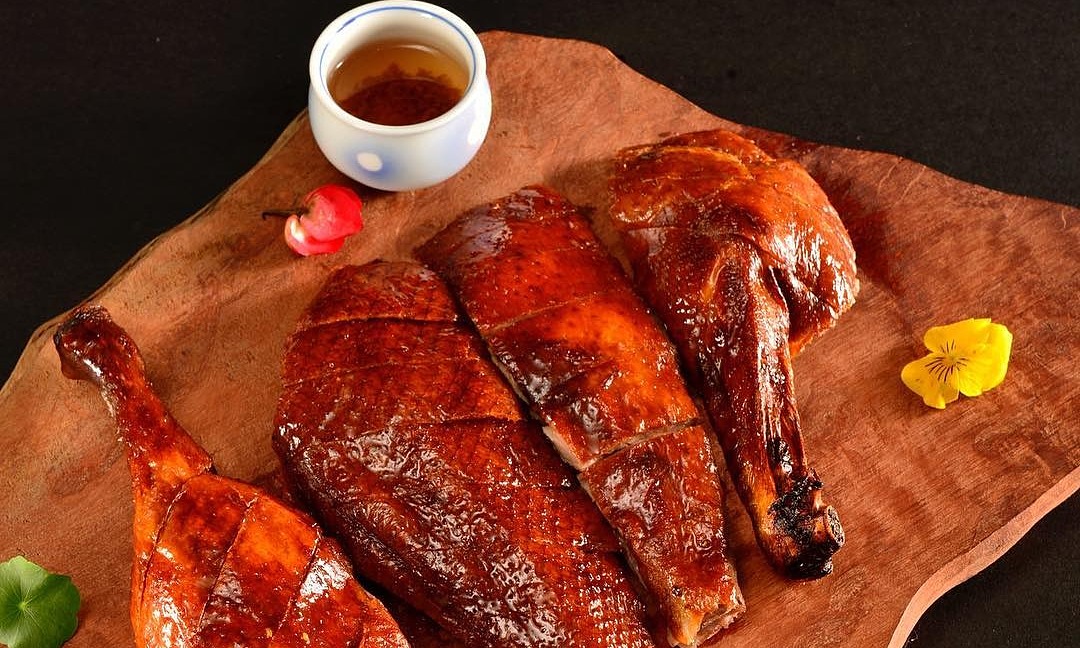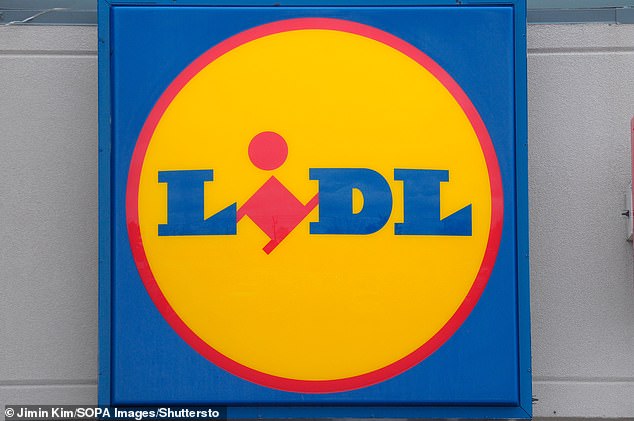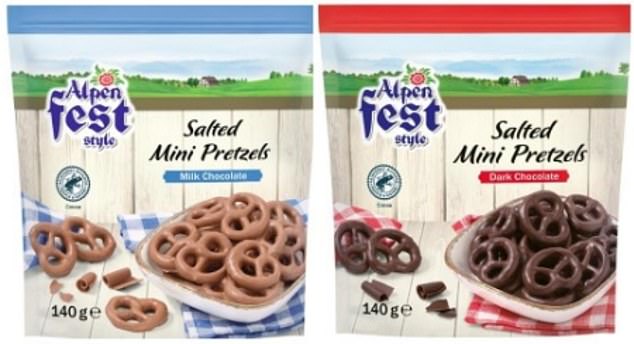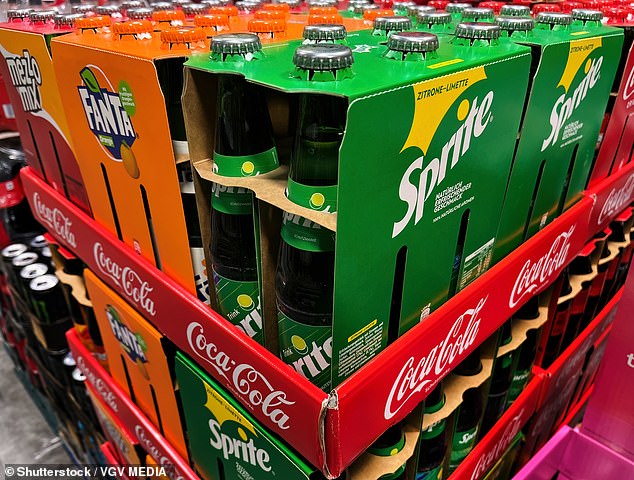A wise person once said: “Humans are the only species intelligent enough to cultivate their own sustenance – and foolish enough to consume it.” To validate the accuracy of this statement, take a look at your reflection in the mirror. Indeed, you are overindulging in food, and you’re fully aware of the necessary modifications you must make to your diet to be healthier: cut out all superfluous calories and sugar; refrain from treats, junk snacks, or frozen desserts. Simply stop purchasing those detrimental products.
But then you go to the shopping mall and fill your shopping cart with the very items you've concluded you should no longer consume. It's as if an unseen force is leading you to select soft drinks, potato chips, and chocolate.
At home, you say to yourself: 'I should eat a carrot. But is one bar of chocolate so bad...?' So, you give in to temptation, and immediately feel guilty. You criticize yourself for lacking self-control, thinking of yourself as weak and hopeless - a complete failure. And in response, you just keep eating more.
It's a familiar situation for many of you, I'm sure.
As a health coach with thousands of clients, I can confirm that this behavior is all too commonplace among many individuals.
I'm troubled not only by the unnecessary personal distress this causes, but also because I believe it's largely unrelated to individual self-discipline. Significant economic interests are at play, urging you to indulge in unhealthy habits that undermine your resolve to make healthy decisions.
They do so for the straightforward reason that they're not earning a single cent from carrots or broccoli.
Highly processed imitation food – similar to real food but with more flavor, fat, salt, and sugar – is a very profitable business. For large food companies, whose 25 biggest players generated £1.4 trillion in revenue in 2023, profit is the top priority, and what sells well is fast food and products with a lot of sugar.

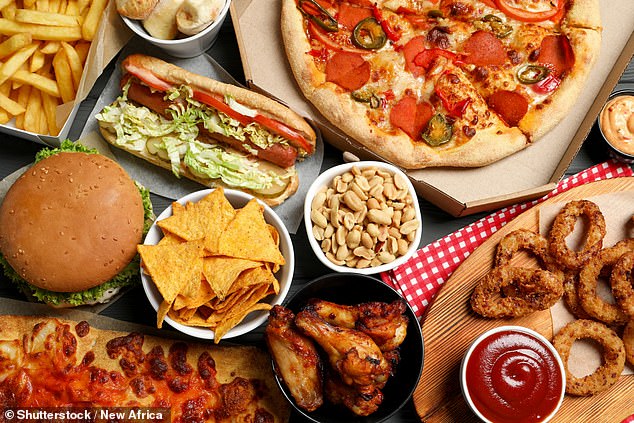

Large corporations such as Nestle, Pepsi, Coca-Cola, Mondelez (which owns well-known brands such as Oreo and Philadelphia), and JBS, the world's largest meat producer, primarily allocate their research and development funds to optimizing the profit potential of their key products.
As a consequence, their sales efforts become more effective with each passing time, resulting in increased demand.
As this cycle continues, we, the consumers, are confronted with a steadily increasing tide of products that are detrimental to our health and contributing to our obesity.
Research indicates that in the UK, nearly 60 per cent of daily calories for adults originate from ultra-processed foods, while this percentage rises to as high as 65 per cent for younger individuals. We find ourselves engaged in a struggle between maintaining healthy eating habits and the significant influence exerted by the food industry on our purchasing decisions.
The article states that large food companies, whose annual revenues surpass many nations' GDPs, have been busy identifying specific moments when consumers, including you and I, are at a vulnerable point in our decision-making process. They utilize these discoveries to employ various tactics to influence our choices. Additionally, they invest significant amounts in social media campaigns, collaborating with influential personalities to publicize their views on what constitutes healthy food and dismissing those who have differing opinions.
If an individual publishes research results that portray their products in a negative manner, they often commission their own reputable researchers to swiftly publish a study that contradicts and disproves the initial findings.
These multinational food corporations wield significant influence over the highest echelons of power, with their influence extending into the creation of national dietary guidelines, which are intended to serve as advice for the general public, thereby enabling them to shape our eating habits in subtle but profound ways that often go unnoticed.
This influences our opinions, both personal and global, regarding food.
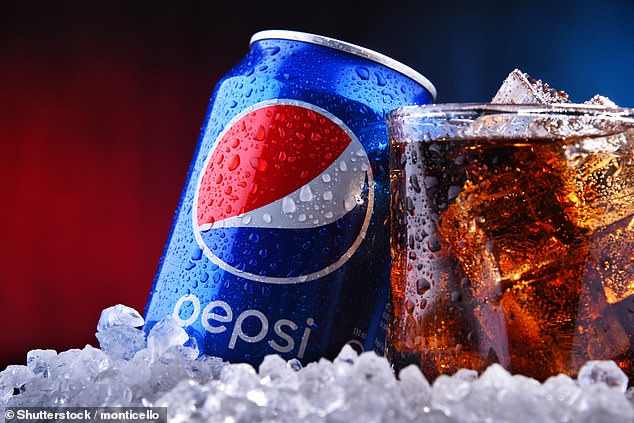
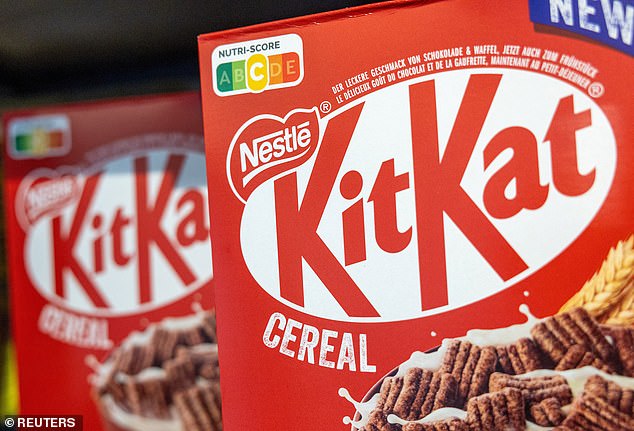
By having doubts about which food is truly healthy, it becomes simpler to persuade you, thereby making you a more attractive customer.
I have an intimate understanding of the industry I'm about to critique, having previously been a part of it for an extended period.
I worked for Lidl, the German hard-discount supermarket chain, in Norway and was subsequently assigned to Germany to gain knowledge of conducting business with key suppliers, such as Nestle, Coca-Cola, and Danone.
I learned how food could be manufactured at the lowest possible cost, and how advertising and loss-leader pricing, a marketing strategy where products are sold at a loss to attract customers, were used to bring people into the stores.
Fast-moving consumer goods such as soda, frozen pizzas, prepared meals, ice cream, chocolates, and alcoholic beverages were the top-selling items – products that I was initially wary of due to their potential negative impact on one's health. In a naive attempt to balance the product range, I sought to introduce more wholesome options. However, my German supervisors dismissed my idea, predicting that these healthier alternatives would not generate sales. And they were proven correct – authentic, loss-leading quickly made fast food consistently outsells its more costly, nourishing, and wholesome counterpart.
After three years, I left, dissatisfied with what I had observed behind the scenes at Lidl and all the other supermarket chains. This was an industry that refused to take any responsibility for the impact of its products on public health. Everything the companies did was focused on maximising sales, a cynical priority.
The products, the pricing, the multi-buy promotions, and the placement of the products in the store and on the shelves were carefully designed to persuade people to buy foods that were detrimental to their well-being.
I chose to take action and launch my own supermarket chain back home in Sweden, one that specifically focuses on offering and promoting genuine, locally sourced, and organic food products, while rejecting the sale of ultra-processed convenience items.
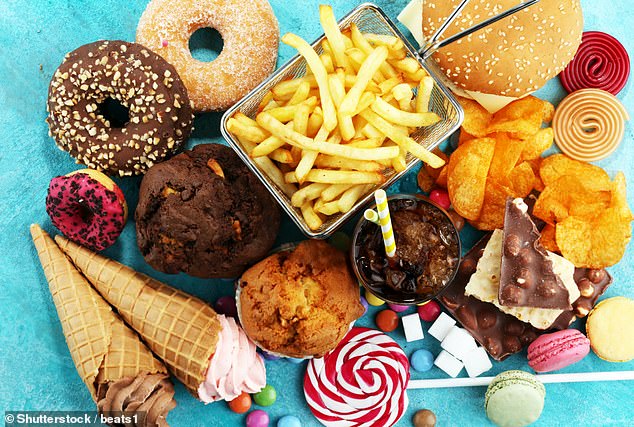
We blacklisted over 200 unwanted additives, ingredients and raw materials, ensuring that only healthy, genuine food would be available in our stores. Our first store opened in Stockholm in June 2015, followed by three more. Customers appreciated the assurance that every item had been thoroughly vetted before being sold in our stores.
The established supermarkets tried to prevent us from succeeding, employing every deceitful tactic they could. When we looked to expand into additional locations, a local real estate agent revealed that he had been deterred from working with us by one of the major chains.
However, we were able to start making a profit in two out of the four stores after a relatively brief period – only for the Covid pandemic to heavily impact our revenue overnight and ultimately lead to our bankruptcy.
Despite facing challenges, I remained committed to my mission against the unhealthy food industry. Therefore, I decided to shift my professional path and acquired the necessary expertise to become a nutrition coach, aiming to advocate for balanced eating habits.
For the large food industry, the draw of ultra-processed foods is that they have a long shelf life, low production costs, and almost no inconsistencies in manufacturing. Artificial foods, to put it simply, appear flawless, always have the same taste, and are sold at significantly lower prices than natural food.
They are designed to boost sales and maximize profits by fostering excessive consumption.
But they are the product of industrial processes in which raw materials are broken down at a molecular level and then restructured to give the exact properties desired in terms of texture, flavour and appearance.
Highly processed foods often include preservatives, flavour enhancers, colour addictions and sweeteners. They are usually high in calories and low in nutritional value.
When ingested excessively, they can lead to obesity, type 2 diabetes and other long-term health issues.
These products are intentionally designed by Big Food's team of neuroscientists, chemists, and other experts to be highly addictive.
When developing new products, they use MRI scans to study how the brain's reward centers react to various combinations of salt, sweet, and fat in order to maximize dependence. In the lab, additives are then combined to create imitative food items that we will find nearly impossible to resist.
It is a disturbing revelation that much of the information being used by the big food industry today stems from research conducted by the former big tobacco corporations years ago to extract the addictive properties of nicotine.
Today, almost everyone recognizes that smoking is detrimental to one's health. However, for a considerable period, the tobacco industry vehemently argued the opposite. Similarly, the Big Food industry is working to safeguard its interests, despite the fact that the health risks associated with highly processed fake food are thoroughly documented.
In the past, tobacco was the leading cause of lifestyle-related illnesses and premature death. However, ultra-processed food has overtaken this unfortunate number one position. It is estimated that annually, over 11 million people succumb to health issues stemming from unwholesome diets, in comparison to approximately 8 million deaths attributed to tobacco.
The world is battling a significant challenge with regards to our eating habits and our well-being. Big Food is urging us to discard our personal notions of what constitutes a healthy diet, to make us believe that their products are the top choice.
It occasionally attempts to deceive us by making ridiculous assertions about one's health.
I remember seeing a granola labeled as having "no sugar added" on the front of the packaging, but when I looked at the other side, I found that it contained almost 25 per cent sugar. There’s only one explanation for health claims like this: they are used to increase sales.
My basic guideline therefore is to avoid all food products that feature health claims on the front. If you read something to the effect of 'high fibre content' or 'X grams of protein', you can confidently assume that this message is an attempt to divert your attention from the product's unbalanced nutritional value or excessive calorie density. Genuine food never carries health claims.
It's situations like these that leave consumers increasingly unsure about how to eat healthily, making them prone to seeking "evidence-based" research for answers. But frequently, this research is either financed or created by Big Food itself.
For instance, take Coca-Cola, which has employed a marketing strategy of redirecting blame from its own products to the lifestyle choices of its consumers.
It has been discovered that the company has employed prominent scientists to publish articles in medical journals, attend conferences, and create social media posts that promote the idea that physical exercise is the key to combating obesity, rather than reducing the consumption of sugary drinks.riebon
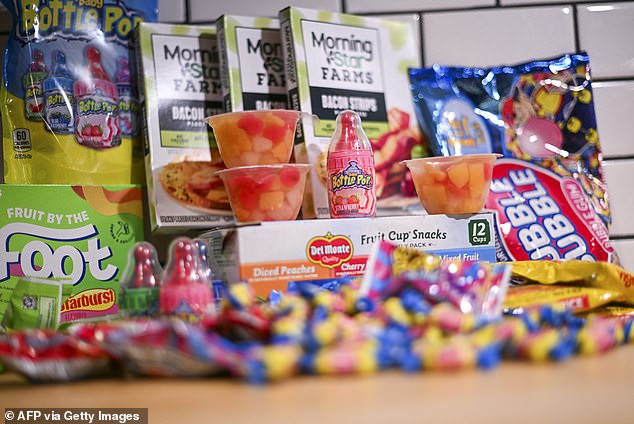
In 2015, it was reported that Monsanto, a major food conglomerate, which is now owned by Bayer, attempted to sway scientists' opinions to depict their products in a more positive light.
In 2022, it was disclosed that the Academy of Nutrition and Dietetics, the US's most renowned association of dietitians and nutritionists, had received millions of dollars in sponsorships from notable companies such as Nestle, PepsiCo, Hershey, Kellogg's, and General Mills, which also produces products like Haagen-Dazs ice cream.
These companies were funding misleading research in an attempt to deflect criticism and increase sales for their products. The academy had minimized the hazards of sugar and processed foods in its guidelines, despite a wealth of evidence to the contrary.
When it comes to research, it is essential to critically examine any information presented as scientifically-based. Whenever you see claims that contradict the health risks associated with ultra-processed foods, ask yourself from where the funding for the research originated and who might stand to gain from this message.
A similar cautious approach is necessary for food scares involving bacteria or toxins in natural or organic food, as they often unfairly prejudice people against the organic food industry.
It unsettles me that reports about salmonella outbreaks in chicken or pesticide residue on vegetables often inadvertently justify opting for the supposedly safe, pre-packaged, and durable alternatives that big food producers provide.
It is often suggested that environmental toxins in fish and other natural food sources are a justification to select industrially produced alternatives, effectively steering us away from natural, healthy foods.
The truth is that Big Food prefers you to buy packaged, processed goods instead of healthy, locally sourced food for a family meal. They would rather you be idle on the couch with a steady supply of junk food, such as chips and soda.
They are well aware of just how stressed out parents can be, and they know exactly which hot buttons to push to make us more susceptible to giving in to our cravings.
That's why a great deal of advertising effort is devoted to making us value relaxing together after a long week by snacking in front of the television, and viewing this as 'quality' family time. Happy families are often portrayed as sharing potato chips, soft drinks, pizza and other highly processed products.
The food industry has capitalized on our desire to unwind and relax by creating a cultural tradition that no Friday night is complete without plenty of snacks and fast food. We are also troubled by the fact that our children are also quickly learning this.
-
Adapted from "Unprocess Your Diet in 30 Days" by Johannes Cullberg, available now, published by Little, Brown Book Group, priced £16.99. To order a copy at £15.29 (valid until February 8, 2025), with free shipping on UK orders over £25, go to mailshop.co.uk/books or call 020 3176 2937.








